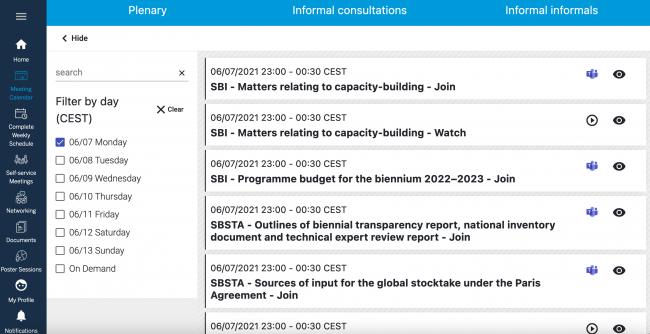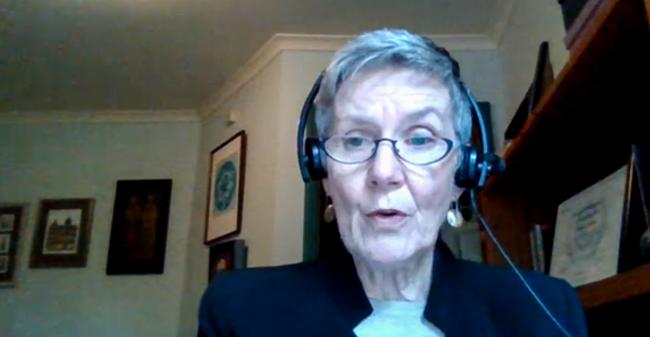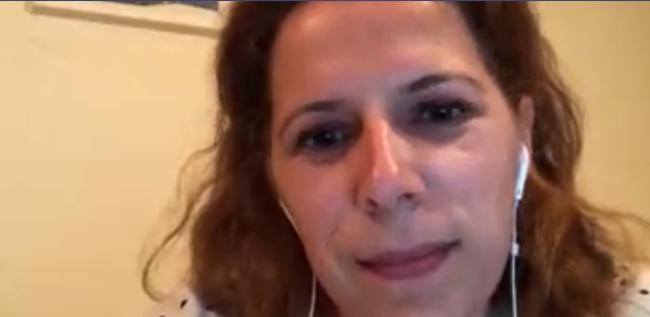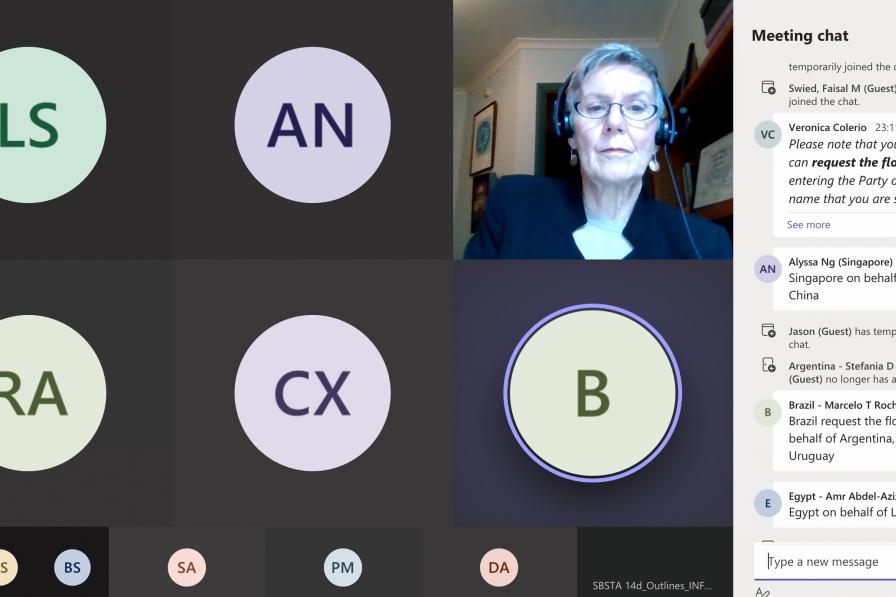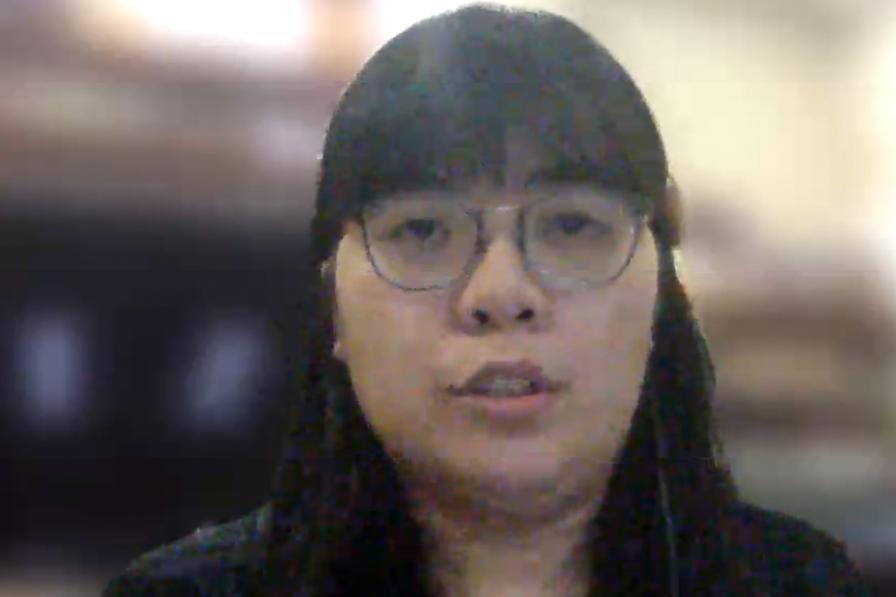The May-June 2021 UN Climate Change Conference opened for its second week of virtual discussions to prepare for the 26th meeting of the Conference of the Parties (COP 26) in Glasgow, Scotland, scheduled for November 2021.
The day started with a workshop on long-term finance. Delegates then engaged in informal consultations on a range of issues related to transparency, the global stocktake (GST) under the Paris Agreement, the use of Kyoto Protocol units towards nationally determined contributions (NDCs), and agriculture, among others.
Long-term Finance Workshop
Participants discussed the effectiveness of climate finance and the provision of financial and technical support to developing countries for their adaptation and mitigation actions. They agreed that private finance is lagging. Developing countries said that they identify their finance needs, and supporting policies and plans, in their NDCs, among other documents. Developed countries pointed to the need to scale down carbon-intensive investment and fossil fuel subsidies to ensure funding flows where it is needed. They disagreed on whether to continue the Long-term Finance work programme.
Outlines of biennial transparency report, national inventory document and technical expert review report
Parties exchanged views on what the sub-item’s Co-Facilitators saw as key areas of divergence related to biennial transparency reports (BTRs), national inventory documents (NIDs), and technical expert review reports. With regard to BTRs, they discussed whether or not to include an overview chapter, how to include a NID in a BTR, and how to report on flexibility and improved reporting over time. Other issues related to, among others: whether or not to have an executive summary in NIDs, and references to Decision 18/CMA.1 related to modalities, procedures, and guidelines for the transparency framework. Some parties underscored that whether or not the NID is provided as a separate document or in a BTR, its level of detail should remain the same. A recurrent point across statements related to the provision of support for developing country reporting under the Paris Agreement, and in what context to discuss this issue.
Sources of input for the global stocktake under the Paris Agreement
In informal consultations, parties discussed inputs for the GST. While Decision 4/CP.24, taken in Katowice, listed a non-exhaustive set of input sources, parties considered whether, and if so what, additional, complementary sources of input should be considered. Several developed country parties said no complementary inputs were needed, highlighting this question could be reconsidered after the first GST. Developing country party groups suggested complementary inputs on, inter alia, adaptation, finance, and loss and damage, including from biennial reports under Article 9.5 (ex-ante biennial finance communications by developed country parties), and adaptation-related reports of bodies such as the Adaptation Committee and the Nairobi Work Programme. In a discussion on how a potentially large number of inputs from non-party stakeholders could be effectively considered, a proposal supported by a number of parties was for the Secretariat or observer constituencies to synthesize them.
Use of Kyoto Protocol units towards NDCs
In discussions related to Article 6 of the Paris Agreement (market and non-market approaches), delegates focused on the use of Kyoto Protocol units for NDCs. They largely repeated well-trodden positions, with many groups expressing strong opposition to any carryover of Kyoto Protocol units, while some developing country groups supported carryover either in full or in part. Many supported a proposal for the Secretariat to synthesize scientific information on the impacts of the various options regarding carryover, as well as the options for other aspects of the Article 6 discussions. A suggestion by one developing country group that the Clean Development Mechanism Executive Board had decided to issue CERs post-2020 met with strong refutation from several developed countries.
Koronivia joint work on agriculture
Delegates exchanged views on an informal note on possible elements of draft conclusions by the Subsidiary Body for Scientific and Technological Advice related to a Koronivia workshop on improved nutrient use and manure management towards sustainable and resilient agricultural systems. They welcomed the note as a fruitful basis for discussion. Several parties opposed a reference to establishing an information exchange platform, noting the existence of other such platforms, and views diverged on whether or not to retain references to science. Parties also discussed references to a systems approach, and how to phrase references to traditional knowledge. Disagreement also pertained to a reference to providing means of implementation to developing country parties. A proposal was made by a developed country, supported by others, centering on the Koronivia joint work on agriculture’s role in raising ambition in relation to mobilizing financial and technological resources and creating capacities to address the vulnerability of agriculture and food security to climate change.
To receive continuing coverage of this event delivered to your inbox, subscribe to the ENB Update newsletter.
